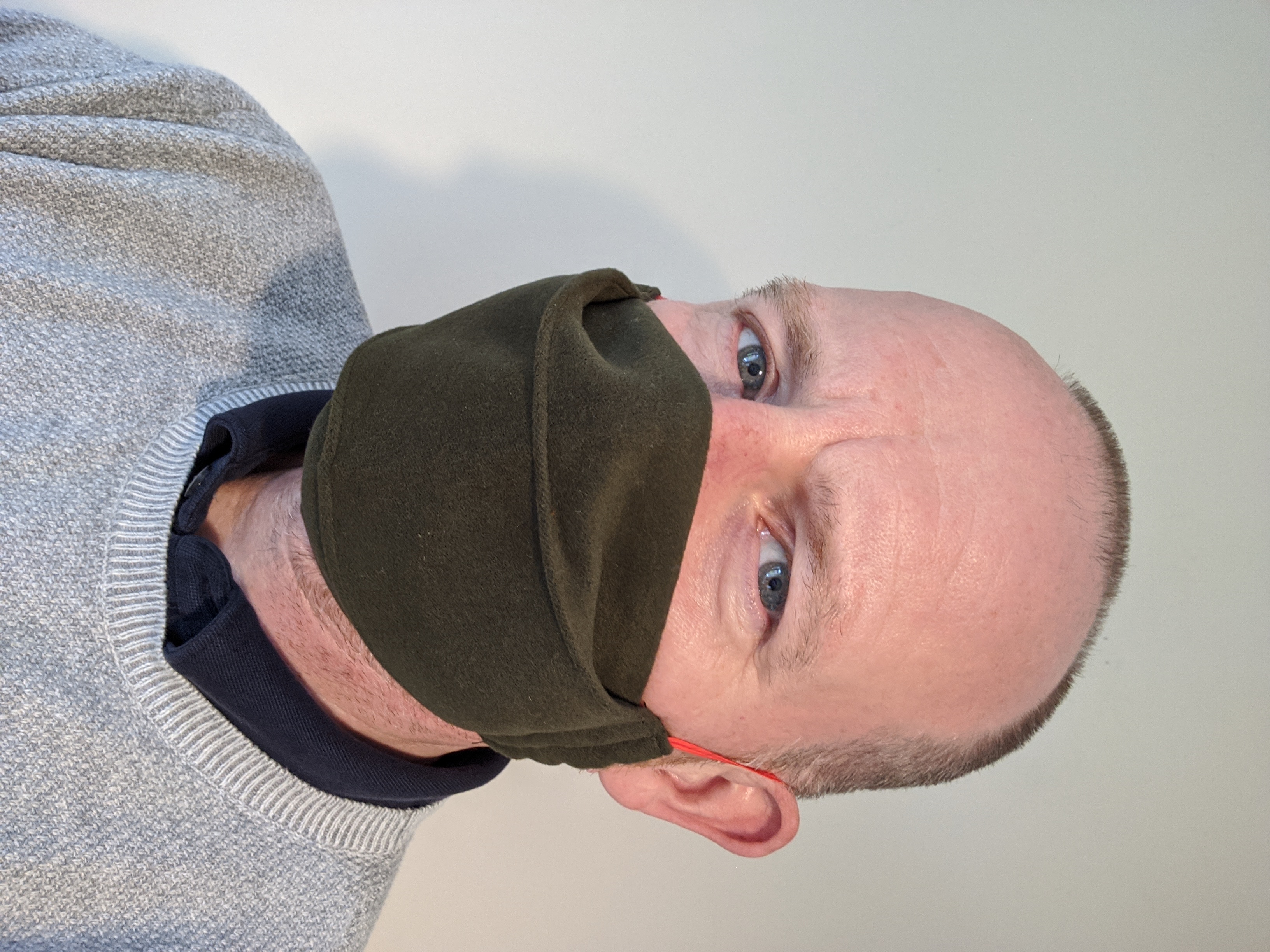The science of how you sound when you talk through a face mask
Posted on 9 July 2020

Dr Dominic Watt (Dept. of Language and Linguistic Science) has recently published in The Conversation an article on ‘The science of how you sound when you talk through a face mask’.
This article follows up on a 2013 study, where Dr Watt, in collaboration with Dr Natalie Fecher (University of York LLS alumni), tested a range of different mouth coverings to compare the effects of speaking while wearing a paper surgical mask.
In recent times, most people agree that it’s a good idea to wear one to prevent the spread of COVID-19. But what effect does wearing a facemask have on the sound of your speech? Does the mask interfere with the movements of your speech organs? Does it absorb and muffle the sound energy? And do those things make it harder for listeners to understand what you're saying? Researchers in the field of Linguistics can answer these questions.
"When we started this research we never envisioned anything on the scale of what’s been happening in 2020, even though we’d made use of data that David Coniam collected during the SARS outbreak in Hong Kong back in 2003. At that time we were more focussed on the speech of terrorists, masked robbers, anaesthetists, Muslim veil wearers, and so on. It never crossed our minds that so many of us would end up wearing a facemask just to go about our day-to-day lives."- Dr Dominic Watt, Dept. Language and Linguistic Science, University of York
To read the article in The Conversation: The science of how you sound when you talk through a face mask
In the image above Dr Watt is wearing a face mask by Technodolly
